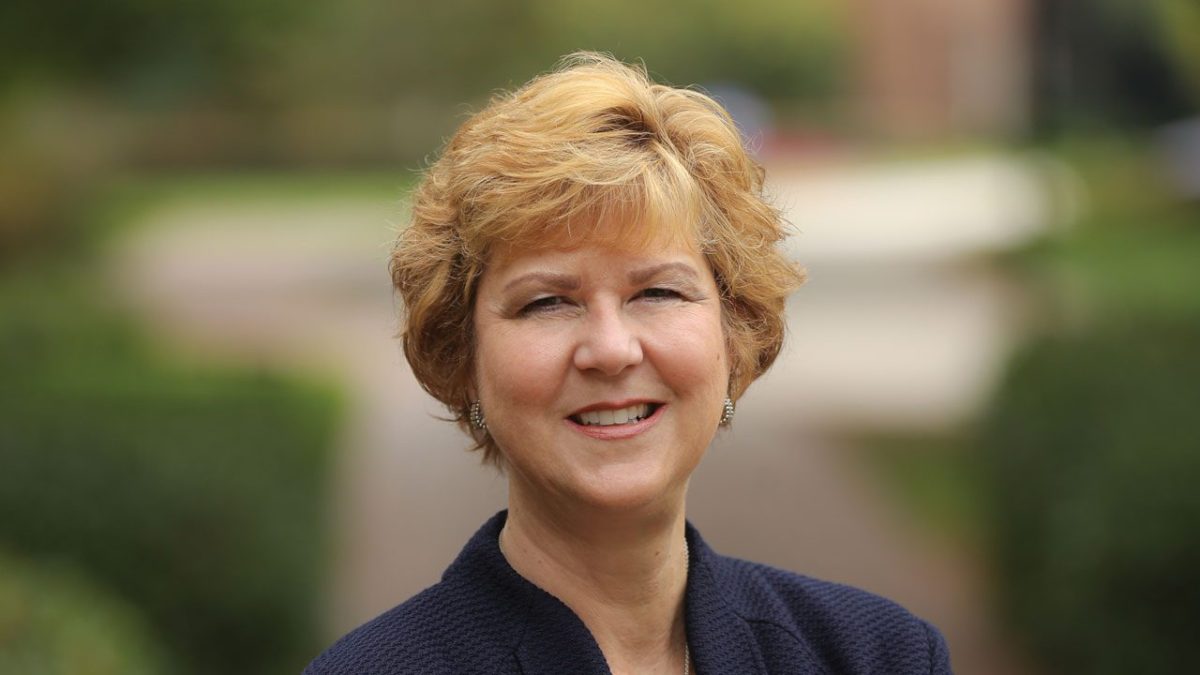Several departments have made changes to their curriculums during the spring semester. While most of these changes will not go into effect until the fall, the changes could affect how students select their classes.
“A lot of departments redid their major after we changed the curriculum, four years ago or five years ago, and I think what happened was now that it’s been a few years, departments are taking stock on what was working and what needed to be fixed,” said Religion professor Bryan Bibb, a member of the committee that proposed the department’s changes.
Notable changes occurred in the Religion, History, Political Science, and Art Departments. The Religion and History department altered their major requirements, the Art Department added an Art History major, and the university added a Middle East and Islamic Studies interdisciplinary minor that combines courses from the Religion, History, and Political Science Departments.
Religion Major
Bibb said that the changes to the Religion major were small but would make the major easier to understand and use as a double major.
“One change is that we went from nine courses to eight courses,” said Bibb. “And all the other changes were simplifying the rules to make it easier primarily for students who want to double major.”
To be a Religion major, students must take two courses in two different religious traditions and a senior seminar. The other courses can be electives.
In the past, students had to take three non-Christian courses, two scripture and history courses, and two contemporary religion courses.
“It was sort of overlapping requirements,” Bibb said. “We decided while we still wanted to do those things, it was too cumbersome and not flexible enough for individual students, so we had to rely more on advising and try to make sure students got the kind of breadth that they should have in the department.”
Students are already able to declare the revised Religion major.
History Major
The History Department now requires majors to take four advanced level classes—those numbered between 200 and 399—instead of three. This means that students will only need to take one elective class in the department instead of two.
“We just feel the student are going to get more benefit out of doing more detailed work. The advanced courses look at time periods, or themes, or places in much more detail than the survey courses do,” said History Department Chair John Barrington.
According to Barrington, the courses under 200 level are mostly general education courses so requiring majors to take advanced classes “means that history majors are in classes with people that are really interested in history.”
Barrington said that advanced courses allow students to “spend more of the major looking in depth at the complexity of history.”
“It will make it easier for us to target different classes for different audiences,” he said. “I think that’s really important. A GER course should be different than a course intended for majors.”
The changes to the History major will take effect with the Class of 2017.
Middle East and Islamic Studies Interdisciplinary Minor
Beginning in the fall, Furman will offer a new interdisciplinary minor through the Political Science, Religion, and History departments.
To earn the minor, students must take five courses: at least one course from each department, an elective, and a capstone seminar.
“We’re trying to do something a little bit different from the traditional approach to area studies” said Political Science professor Kadir Yildirim, who proposed the minor. “This is trying to take into account how different aspects of life, economy, politics, and religion affect certain outcomes of interests so that’s why we believe that interdisciplinary is more honest for the subject.”
Yildirim said he believes there is a high level of interest in the subject at Furman. Enrollment figures for courses listed as part of the minor have been very high over the past few years.
“There is an increasing interest in the area, in the region, and in the subject so students would like to know about it—not just what kind of jobs [they] can find with this credential or where [they] can apply it, but they are genuinely interested, both here and outside. If you want to carry on a smart conversation on the topic, this is a good way to go about it,” said Yildirim.
He believes offering this minor provides a unique opportunity.
“You don’t have to commit yourself as much like a major, which oftentimes has nine or ten courses you have to take, but at the same time you’re getting exposure to major discussions, major theories and arguments and issues,” said Yildirim.
Art History Major
The Art Department has added a new major in Art History. The major requires ten core courses, including one studio art course.
Although Furman has offered courses in art history for years, the subject has never been offered as a major.
Art professor Carolyn Watson explained that Furman has offered the full compliment of history courses for years, covering all of Western art and much non-Western art. Furman was not ready to offer the major, however, because the university needed at least one more full time Art History professor to be able to consistently offer the required classes, making it easier for students to study away and finish the major.
For years, the Art major had three tracks: Studio Art, Art History, and Art Education. There was not a separate major for each though.
By 2007 and 2008, the department was ready to make it a major, but the university could not hire a third Art History professor due to the financial recession.
“More and more students want to become Art History majors and were attracted to the program,” said Watson.
Even before the major, the department had been preparing students to go to graduate school in Art History, but students wanted to have Art History on their diploma.
Current seniors on the Art History track will graduate as Art History majors.



























